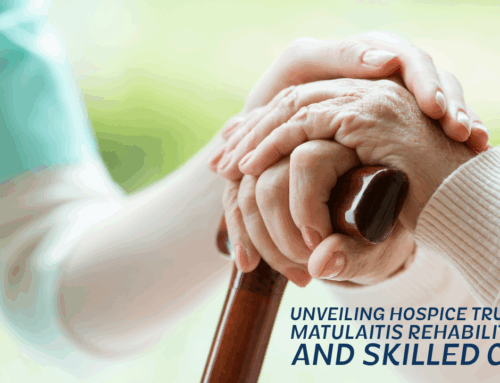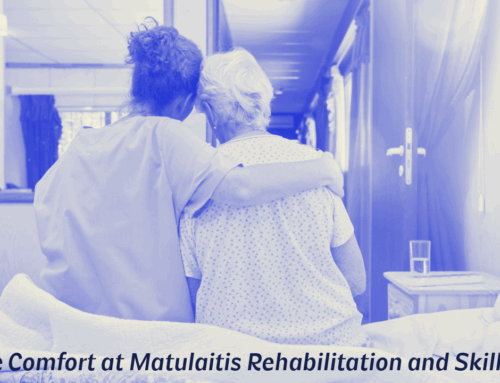Although end of life care is an important aspect of healthcare, the topic is not typically planned for or even discussed until it becomes necessary. That certainly is understandable because nobody on the planet actually enjoys thinking about let alone talking about such things. However, it’s necessary to understand what end of life care requires, the importance of preparing for it, and why it’s never too early to start thinking about it. End of life care is both the care and support provided to individuals who are approaching the end of their lives.
The main goal of this type of care is to ensure that patients receive comfort, dignity, and respect during their final days. End of life care can involve a wide range of services, including palliative care, hospice care, or nursing home care. It all depends on the patient’s needs and preferences. If you’re wondering if it’s time for end of life care for yourself or a loved one, there are some key indicators. First and foremost, when a person begins to experience a decline in their physical function, such as difficulty with the activities of daily living, they may need end of life care.
This can include difficulties with walking, bathing, dressing, or using the bathroom. However, there are other indicators to consider. For example, pain is a common symptom of advanced illness, and it is often difficult to manage without medical help. If a patient is experiencing continuous and or severe pain, they may need end of life care in order to help manage it. Shortness of breath, or dyspnea, is also a common symptom of an advanced illness. It can be caused by a variety of factors, including lung disease, heart disease, or cancer.
If a patient is experiencing shortness of breath, they may need end of life care to help manage it. Loss of appetite is yet another common symptom of advanced illness, and it can lead to malnutrition and weight loss. In addition, fatigue is a common symptom of advanced illness, and it can be debilitating. Changes in mental function, such as confusion, disorientation, or memory loss, are also signs of advanced illness.
Last but certainly not least, if a patient is experiencing frequent hospitalizations, it may indicate that their illness has become too advanced to be managed at home. In these cases, end of life care may very well be necessary.
Please contact us today for more information about our end of life care programs.
Matulaitis Rehabilitation and Skilled Care is the leading non-profit skilled nursing facility in Northeast Connecticut. We are proud to receive top national rankings and the highest five-star rating from Medicare’s Nursing Home Compare. Our dedicated staff combines renowned care and exceptional nursing skills with a holistic approach. We fully realize that the restoration of your health and well-being after an illness, operation, or injury can be incredibly difficult.
Our long term care features attention to the whole person, assuring individualized care for fullness of living, spiritual welfare, and providing a sense of community with enriching programming. We invite you to learn more about our special smoke-free facility as you consider your own or a loved one’s needs.






